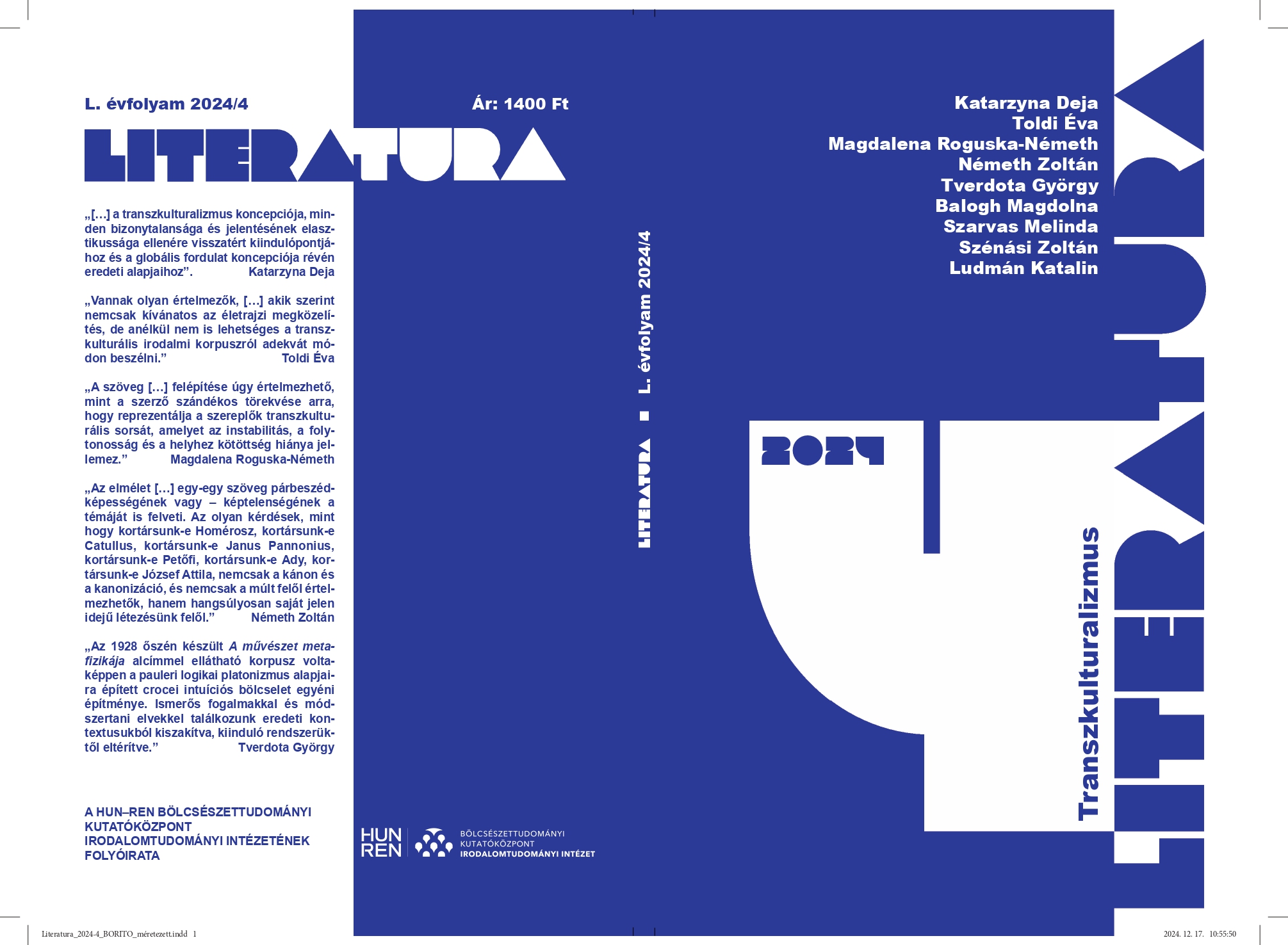Translingualism in the Hungarian Literary Context
Abstract
Transnational movements were followed by transcultural relocations at the end of the 20th, and especially at the beginning of the 21st century. And transcultural phenomena are more and more frequently followed by translingualism. In the case of great national literatures, it is becoming less and less rare that, as a result of the forced or voluntary spatial displacement of social mobility, the authors do not write in the language they first learned, but in the language of their new environment. The process of migration has also affected Hungarian society. Hungarian literature also faced the phenomenon of deterritorialization in recent decades, as writers who moved to other places regularly thematized the circumstances of their integration. Migration, however,did not necessarily have to be followed by translingualization to such an extent and nature that would have necessitated the learning of a foreign language. This paper looks at the diversity of theoretical approaches to translingualization and gives examples of Hungarian literary manifestations of translingualism.



